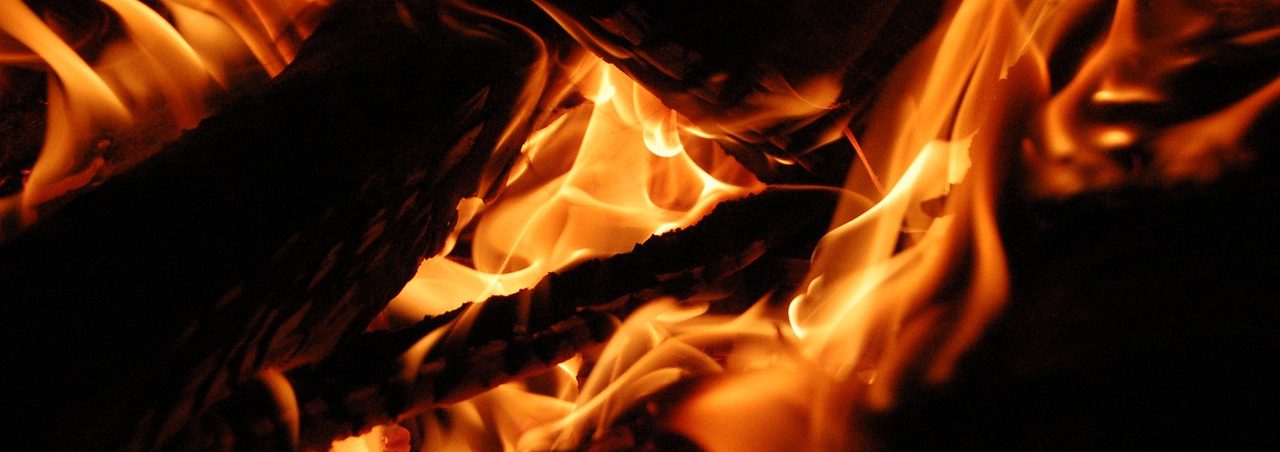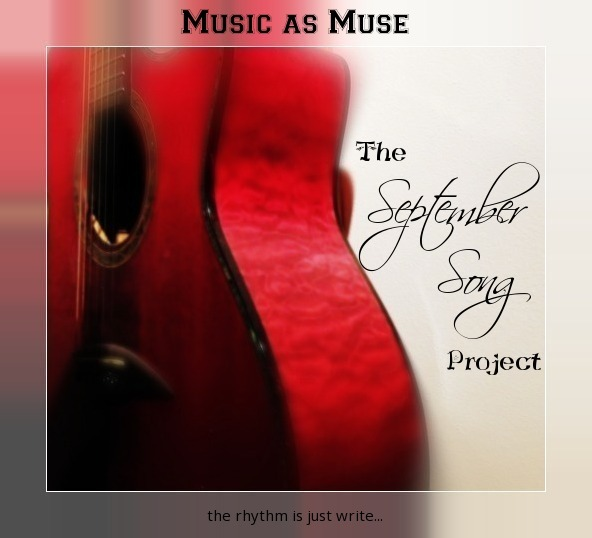The padded, narrow table beneath me is real against my back in the way the surrounding white-light sterility of the room is not.
There is the nurse’s voice, an unattached floating nebulous rumble of sound — not cold, but certainly without warmth — clouding my ears while her fingers probe slight lightning strikes to my torso.
“Take a deep breath in,” she says.
Upon complying, I hear the command “Exhale slowly” and follow the direction like an automaton, feeling as I do the long length of tubing that has been coiled through my insides for the past week gradually be pulled through. When it is out, I feel as though a small tunnel within my body — like a rabbit warren or a worm hole — has started collapsing in on itself, smooshing together bits of structural debris, closing up the foreign intrusion like an underground zipper, closing off the entry to my insides.
I am pondering this, feeling the unusualness of this experience, while she explains about the hole.
I will have a hole in my torso.
Literally, I am hole-y.
It will close eventually, but for now it is a hole. A eye-peep to my insides, gauzed over and bandaged until it stops seeping, then — the expectation — it will be a gap, slowly closing. A yawn in my stomach, too tired to gasp wide-mouthed and too unhurried to release its breath into full closure.
And it is strange.
The entire event-unfolding of the past ten days is strange.
It would be unnerving if I was thinking about it, but I am not yet in a place of normalcy where thinking can be done. I just feel right now, and I feel damned odd.
I have been reading the essayic explorations of Annie Dillard and I am reminded of her lament that the *I* — the me, the individual, the person I identify as in this moment — is constantly being usurped by someone else. The 11-year-old who loves Jimmy Whitfield and hates her sister and despises piano lessons will — after a week, a year, a decade — love some new boy, become friends with her sister, see the value in perpetual practice of fingers on keys. What we think we are in one moment is changeable and changing, always. Due to progression forward through days and ideas and the events of life, we are constantly — both consciously and unconsciously — losing ourselves.
And how strange this is — this bizarre circumstance — that I have now lost a tube that was inserted in myself that was not there ten days ago, that I could never prior have imagined being put there, that I had no conscious thought of ever needing until the circumstances unfolded through the seeking of origins of pain. How bizarre that the closing up of an opening is taking place, indeed how bizarre that the opening was ever created to begin with, that the creation of that opening came from the expediency of having an organ removed, that such an organ ever existed inside me (inside the me that existed ten days ago and has now been replaced many times over to a me in surgery, a me with slices in my abdomen, a me with a foreign object protruding from my tummy, a me who so recently felt the strange-sensation removal of that object), that the me I have become today — and will change again tomorrow — will go onward without it.
As I dress myself after the nurse has dressed the hole in my torso, I do so in a fog-cloud of surreal oddness, and I think: How bizarre.
How bizarre.
The song How Bizarre has absolutely nothing to do with my recent medical experience, but the title and refrain are apt.


I remember similar thoughts and feelings after having the surgery to get rid of the bad discs in my neck and the bones fused. My mom had had the same surgery a few years before and when we talked about my upcoming surgery she said, “Whatever you do, don’t let them take the bone of out your hip!” I remembered her complaining about how her hip hurt because of that (and it never got better) so I opted for cadaver bone.
I spent my first night in the hospital thinking about that bone. It wasn’t the bone I was born with; it belonged to someone who didn’t need it anymore, but it would be my bone once it healed and helped by the hardware used to hold it in place, which made that moment trippier – I have metal in my neck. A dead person’s bone. It made for a long and sleepless night but one made “better” knowing that my hip still had all of the bone I was born with.
I can imagine… It is disconcerting enough to realize that “my body has changed” — to know that the change involves an addition, from a foreign source, must be an even more bizarre experience.
My husband has another person’s kidney inside him. He said, after his transplant, that he felt like he carried a part of another person — not the physical, kidney part, but a part of the whole of an unknown being — with him, and that it felt foreign. Somehow unreal.
And for you, the bone.
We are not often forced to think about the structure and construction of self. It’s oddly daunting.
I get that ‘this is all so weird and unreal’ feeling sometimes when I look in the mirror. It’s like a trigger highlighting the who I am in the reflection versus the “me” who goes about their business with a different self-perception. However, it’s more of a fleeting sense of mortality and impermanence rather than some revelation about ‘self’. I don’t really have any romantic or spiritual notions in that regard, so your conclusion that the ‘self’ that others seem to so desperately wish to link to some metaphysical “usness” really is just a changing thing of consciousness. It fits my view of our ‘self’ merely being the product of whatever is going on with us moment to moment, no different than the state of our digestive systems fluctuate with whatever we’ve eaten and when.
We are ever-changing, I think. This has been my first experience of changing, lphysically, so irrevocably and swiftly — and, thanks to anesthesia, so outside my own consciousness.
Surgery is strange.
I’ve been gone awhile on my own journey and just now came back to look for you.
Whatever it is, I hope that you heal soon.
Chazz
It’s always nice to see you, Chazz. I am much improved, thank you.